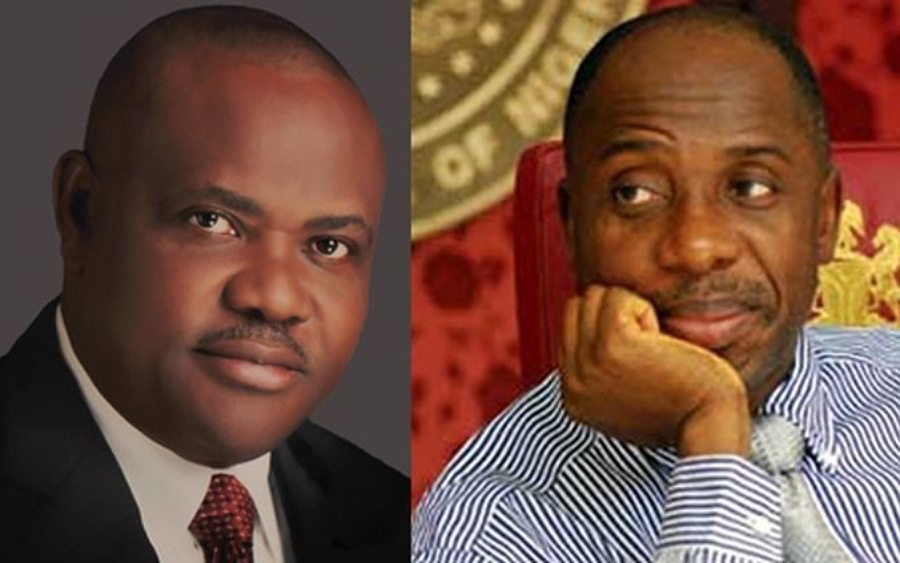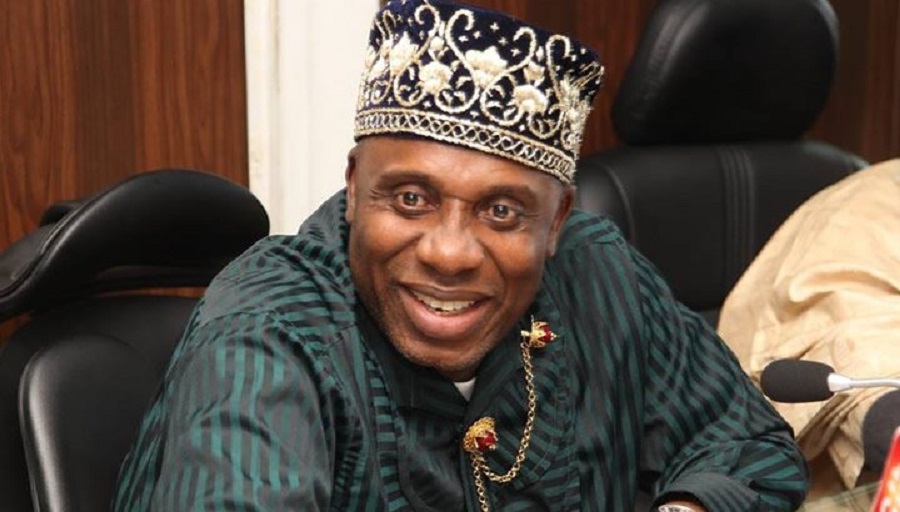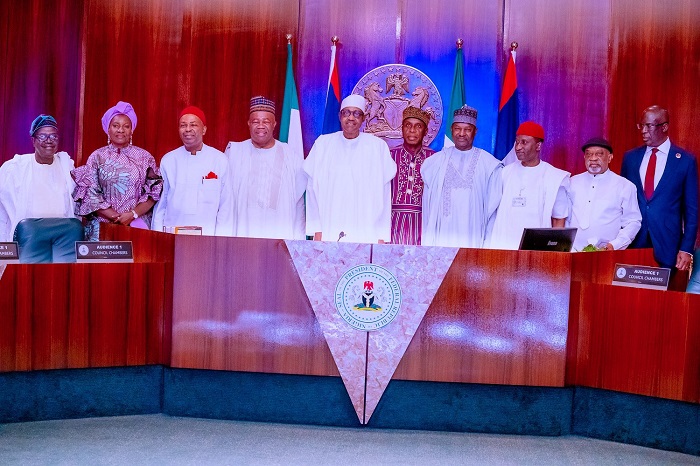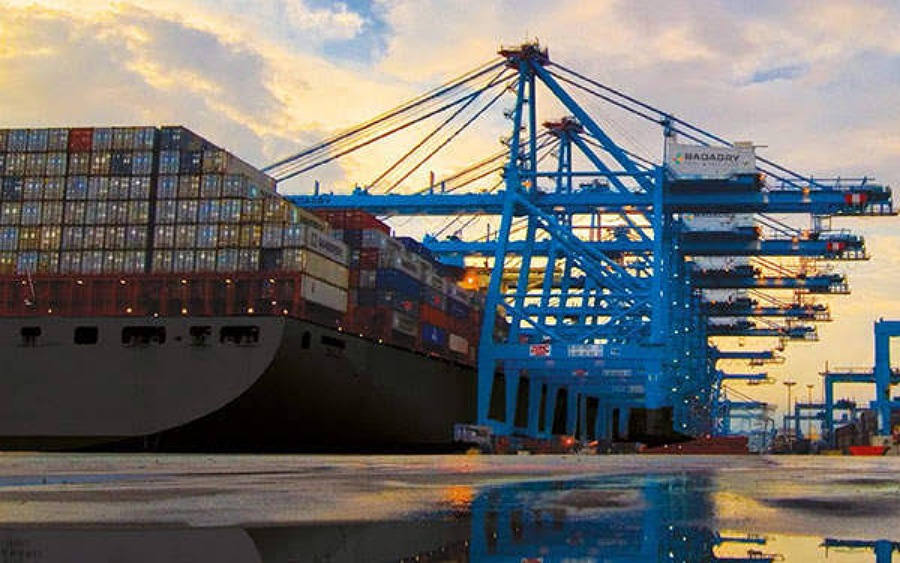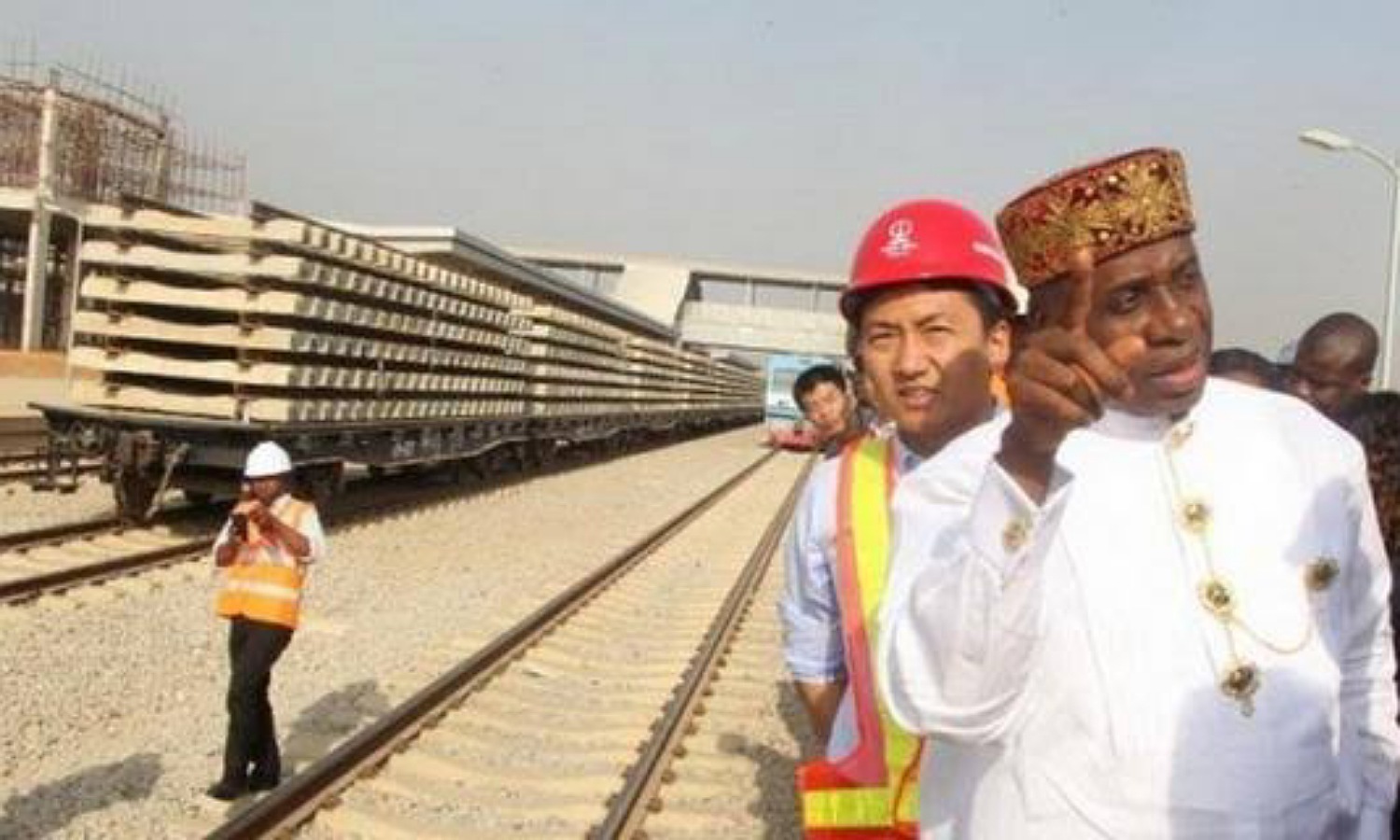The Nigerian Government met with the German Financing Advisory Unit in a bid to speed up funding required for the $1.9 billion Kano–Maradi railway.
This was disclosed by the office of the Minister of Transportation, Rotimi Amaechi, after he met with the financing advisory unit at the Nigerian Embassy, Berlin, according to NAN.
The Minister’s office in a statement stated that the meeting was held with representatives of KfW-IPEX bank of Germany, who are serving as advisory in partnership with the African Finance Corporation for the Kano-Maradi rail project to secure funding for the project.
What they are saying
Amaechi said the Export Credit Agencies (ECAs) could come to Nigeria and become part of the process to ensure everything followed their recommenced practices and avert hiccups in the course of the project.
On resettlement of villagers, the Minister told the German investors that Nigeria had laws in place for that, adding that “For us in the Ministry of Transportation, in choosing the right of way, we avoided communities. If we don’t do that, we’ll clear the entire Kano.
“Like in Lagos, we avoided communities and used the old line, because if we had to choose a different route we would pay billions. In fact, to even work from the old line, we paid N7 billion in compensations.
”This was not because the people had the right to the land, but because if after 12 years and nothing is done it becomes their land and you just can’t chase them out.
”We still paid compensation, because the rail line was moribund. To eject them we still had to treat them as though they were the original owners of the land. We didn’t wait for Europe. That’s our law.
“In Kano-Maradi, we also took into consideration the people, we chose the right of way distant from the communities, which makes it even more expensive, because government will have to do access roads from the rail line into the communities.
”We did that because of environmental issues, but the Europeans want us to assume that there are people living along the route. There are none, apart from Kano.
“I don’t know what the law is in Europe in terms of your ESIA. We’ve taken the first step by giving notice, we have assessed the land. What we have not done is payment, because the payment is tied to the contract.
He added that the FG is ready and committed to the next step of paying compensation, as the project is going to create employment.
The Managing Director/Global Head, Aviation Mobility and Transport, KfW-IPEX Bank, Dr Carsten Wiebers, recommended speeding up the process of putting in place the consulting companies and other terms of references are met to facilitate the financing.
”Of course, the first level of requirement is your national regulation and law. You take care of that.
“What we are trying to do is create a bridge between your interests and the demands of the Export Credit Agencies, to guarantee we get an affordable loan for you.
”There has to be evidence of the working group in the areas where the rail would be (actual site) all the way to Kano to convince the decision-makers of the ECAs.
”The problem I think, is documentation and communication. The process needs to be properly documented and certified,” Wiebers said.
What you should know
Recall Nairametrics reported earlier this year that the Federal Government discussed with the London-based bank, Standard Chartered Bank Plc, over the funding of 2 rail line projects expected to cost about $14.4 billion, as against the earlier plans to get the loans from Chinese banks. The 2 rail projects include the eastern line that link Port Harcourt with Maiduguri and the extension of the Lagos-Ibadan rail line to Kano.

